How Horses Show Affection to Humans: 12 Signs Your Horse Loves You
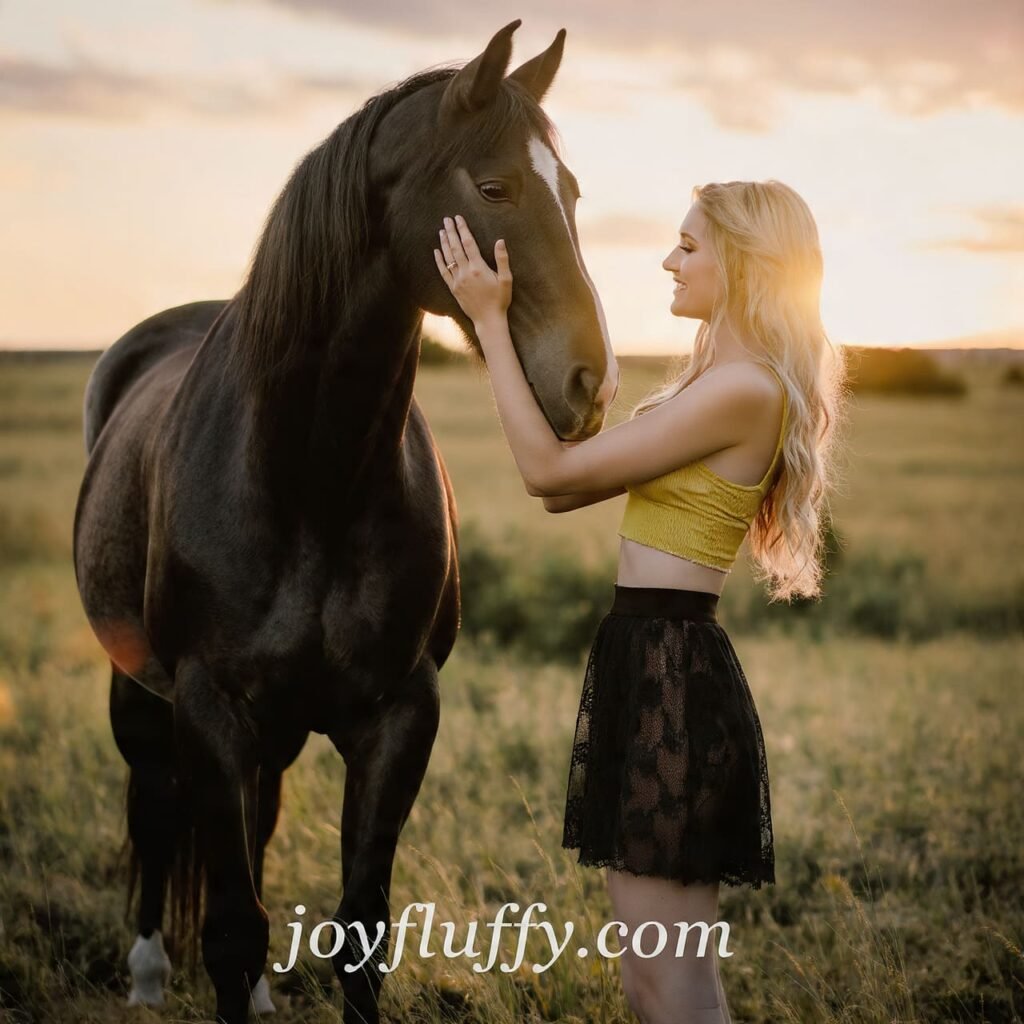
How Horses Show Affection to Humans: 12 Signs Your Horse Loves You
Understanding the special bond between horses and their human companions
Have you ever wondered if your horse truly cares about you? The answer might surprise you. Horses are incredibly emotional and intelligent creatures who form deep bonds with the people they trust. Unlike dogs who wear their hearts on their sleeves, horses communicate affection in more subtle, nuanced ways that are easy to miss if you don’t know what to look for.
Understanding how horses show affection can transform your relationship with these magnificent animals. When you recognize the signs a horse loves you, every moment at the barn becomes more meaningful. Whether you’re a seasoned equestrian or new to the horse world, learning to read these signals helps build stronger connections and deeper trust.
Many horse owners ask themselves, “do horses love their owners?” The science says yes. Research shows that horses experience genuine attachment to their human caregivers, similar to the bonds between dogs and people. They remember us, seek our company, and show clear preferences for the humans they’ve bonded with.
Understanding the Horse-Human Relationship
The horse-human relationship has evolved over thousands of years. What started as a working partnership has blossomed into something far more profound. Today’s horses aren’t just partners in work or sport—they’re companions, teachers, and friends.
Horses are prey animals by nature, which makes their willingness to trust humans even more remarkable. When a horse chooses to lower their guard around you, it’s a powerful statement of trust and affection. This equine emotional connection forms the foundation of everything we do with horses.
The Science Behind Horse Bonding
Studies on horse bonding with humans reveal fascinating insights. Horses’ heart rates synchronize with their favorite people. They show reduced stress responses when their trusted humans are present. Brain scans even suggest horses process human emotions and form mental representations of the people they know.
Much like the evolutionary bonds we see in nature—such as how birds evolved from dinosaurs—the relationship between horses and humans has evolved through mutual trust and understanding over millennia.
12 Clear Signs Your Horse Loves You
Now let’s explore the specific horse affection signs that reveal your horse’s true feelings. These behaviors are your horse’s love language, and recognizing them helps answer the question “how to know if horse likes you.”
1 Gentle Nuzzling and Soft Touches
When your horse softly pushes their nose against you, they’re showing affection. Horse nuzzling meaning goes beyond simple curiosity—it’s how horses show they’re comfortable and happy with you. This gentle touch mimics how horses greet and interact with herd members they care about.
You’ll notice this behavior when your horse greets you at the gate, during grooming sessions, or quiet moments together. The key is the gentleness—an affectionate horse nuzzles softly, not aggressively.
2 Following You Around
Does your horse follow you like a puppy when you’re in their space? This is one of the clearest signs of attachment. A horse who loves you will want to be near you, walking alongside as you move around the pasture or barn. They’re choosing your company over grazing, resting, or being with other horses—that’s significant.
3 Whinnying When They See You
That happy whinny when you arrive at the barn? It’s your horse’s way of saying “I’m glad you’re here!” Horses vocalize differently depending on their emotional state. A soft, friendly whinny directed at you shows recognition and pleasure. They’ve spotted you and want you to know they’re excited about it.
4 Relaxed Body Language in Your Presence
Understanding horse body language affection is crucial. A horse who loves you will have a relaxed posture when you’re around. Their ears are soft (not pinned back), their eyes are gentle with soft wrinkles, their jaw is loose, and their overall stance is calm. They might cock a hind leg, lower their head, or even sigh contentedly.
This relaxation shows they feel safe with you. Remember, horses are always alert to danger, so choosing to relax in your presence is a profound compliment.
5 Leaning Into You
When a horse leans their body weight against you during grooming or just standing together, they’re showing trust and affection. This behavior is especially common when you scratch their favorite itchy spots. They’re not trying to knock you over—they’re leaning into the pleasure of your touch and showing they’re comfortable.
6 Grooming You Back
Mutual grooming is how horses bond with each other. If your horse gently nibbles at your clothing, hair, or shoulder while you’re grooming them, they’re trying to groom you back. This is seriously affectionate behavior. They’re treating you like a valued herd member.
Just set boundaries if the nibbling gets too enthusiastic—you can appreciate the sentiment while teaching them to be gentle with human skin!
7 Lowering Their Head to Your Level
A horse who lowers their head to be at your level is showing submission and trust. In horse social dynamics, lowering the head is a sign of respect and relaxation. When your horse does this voluntarily around you, they’re saying they don’t feel threatened and they trust your leadership.
8 Soft Eye Contact
Eyes truly are windows to the soul with horses. A horse who loves you will make soft, gentle eye contact. Their eyes will be relaxed with visible wrinkles at the corners, sometimes called “soft eyes.” They’re checking in with you, maintaining connection. This is different from hard staring, which can indicate tension or challenge.
9 Seeking You Out in a Crowd
If multiple people are in the pasture or barn and your horse consistently comes to you first or seeks you out, that’s clear favoritism. Horses absolutely have preferences among humans. When yours chooses you over others, it’s because they’ve formed a special bond with you specifically.
10 Resting Near You
Horses are vulnerable when they rest or sleep. If your horse chooses to rest, doze, or lie down when you’re nearby, they trust you completely. This is especially meaningful because horses in the wild only fully relax when they feel entirely safe. Your presence makes them feel secure enough to let their guard down.
11 Nickering Softly to You
A nicker is a low, gentle rumbling sound horses make deep in their throat. Mother horses nicker to their foals, and horses nicker to horses they like. When your horse nickers to you, especially when you’re approaching or during quiet moments together, it’s an intimate expression of affection.
12 Coming to You Without a Halter
The ultimate test: when your horse willingly walks up to you in the pasture without needing to be caught, they’re choosing to be with you. They’re not being bribed by treats or forced by a halter—they genuinely want your company. This voluntary approach is one of the purest signs of affection and trust.
Building and Strengthening Your Bond
Now that you recognize horse affection signs, how do you encourage more of this loving behavior? Building a strong horse-human relationship takes time, consistency, and understanding.
Practical Tips for Deepening Your Connection
- Spend quality time together: Not every interaction needs a purpose. Sometimes just being present in their space, grooming them slowly, or sitting quietly nearby strengthens your bond.
- Be consistent: Horses thrive on routine and predictability. Show up regularly, handle them calmly, and be someone they can count on.
- Learn their language: Study horse body language affection and overall communication. The more you understand their signals, the better you can respond appropriately.
- Respect their boundaries: Affection flows both ways. If your horse needs space or shows discomfort, honor that. Trust builds when they know you’ll listen to their communication.
- Make positive associations: Ensure most of your interactions are pleasant. Balance work with play, training with relaxation, and challenges with comfort.
- Handle them gently: Even during necessary procedures, maintain a calm, patient approach. Your horse remembers how you make them feel.
Common Mistakes to Avoid
Be Aware of These Bond-Breaking Behaviors
- Inconsistent treatment: Being patient one day and frustrated the next confuses horses and erodes trust.
- Punishing natural behavior: If your horse nuzzles too hard or gets in your space, redirect rather than punish. They’re often trying to connect.
- Only showing up for work: If every interaction involves demanding performance, your horse may become resentful rather than affectionate.
- Ignoring stress signals: Pushing through when your horse shows discomfort damages trust. Pay attention and adjust accordingly.
- Comparing horses: Every horse shows affection differently based on personality. Don’t expect your horse to behave exactly like another.
Understanding Individual Differences
Just like people, every horse has a unique personality. Some are naturally more demonstrative and openly affectionate. Others are more reserved but no less loving. Understanding your individual horse’s communication style is key to recognizing their affection.
A stoic, independent horse might show love through quiet reliability and trust during challenging situations. A more extroverted horse might be all nuzzles and nickering. Neither is more or less attached—they simply express themselves differently.
Consider your horse’s history too. Horses who’ve experienced trauma or neglect may take longer to show affection. Their trust must be earned gradually. When these horses finally show you they care, it’s incredibly meaningful because you know how much courage it took for them to be vulnerable again.
Key Takeaways About Horse Affection
- Horses absolutely form emotional bonds with their human companions
- Affection shows through body language, vocalizations, and behavioral choices
- Every horse has a unique way of expressing love based on personality
- Building trust takes time, consistency, and mutual respect
- Recognizing these signs deepens your connection and improves communication
- The equine emotional connection is real, scientifically documented, and profoundly rewarding
The Deeper Meaning of Horse Love
When we ask “do horses love their owners,” we’re really asking if horses experience genuine emotional connection. The answer, backed by science and experienced by anyone who’s truly bonded with a horse, is yes.
Horses offer us a unique kind of relationship. They don’t love us because we feed them (though that helps!). They bond with us because we’ve proven ourselves trustworthy, patient, and understanding. In a world where horses must constantly assess threats, choosing to trust a predator species like humans is remarkable.
This trust transforms into affection when combined with positive experiences, emotional safety, and mutual respect. Your horse’s love is earned through consistent kindness, clear communication, and genuine care for their wellbeing.
Final Thoughts
The signs your horse loves you might be subtle, but they’re profound. Every nicker, every gentle nuzzle, every moment your horse chooses to be near you is a gift. These magnificent creatures don’t have to love us—they choose to when we’ve earned their trust.
Pay attention to these signals. Appreciate them. Reciprocate with the same respect, patience, and affection your horse shows you. The horse-human relationship is one of the most rewarding connections you can experience.
Whether your horse greets you with enthusiastic whinnying or quiet contentment, whether they’re openly affectionate or more reserved, know that the bond you’re building matters. Every moment you invest in understanding how horses show affection strengthens a connection that enriches both your lives.
So next time you’re at the barn, watch for these signs. Notice how your horse responds to you. Chances are, they’re showing love in ways you’re only beginning to recognize. And now that you know what to look for, you’ll see their affection everywhere.
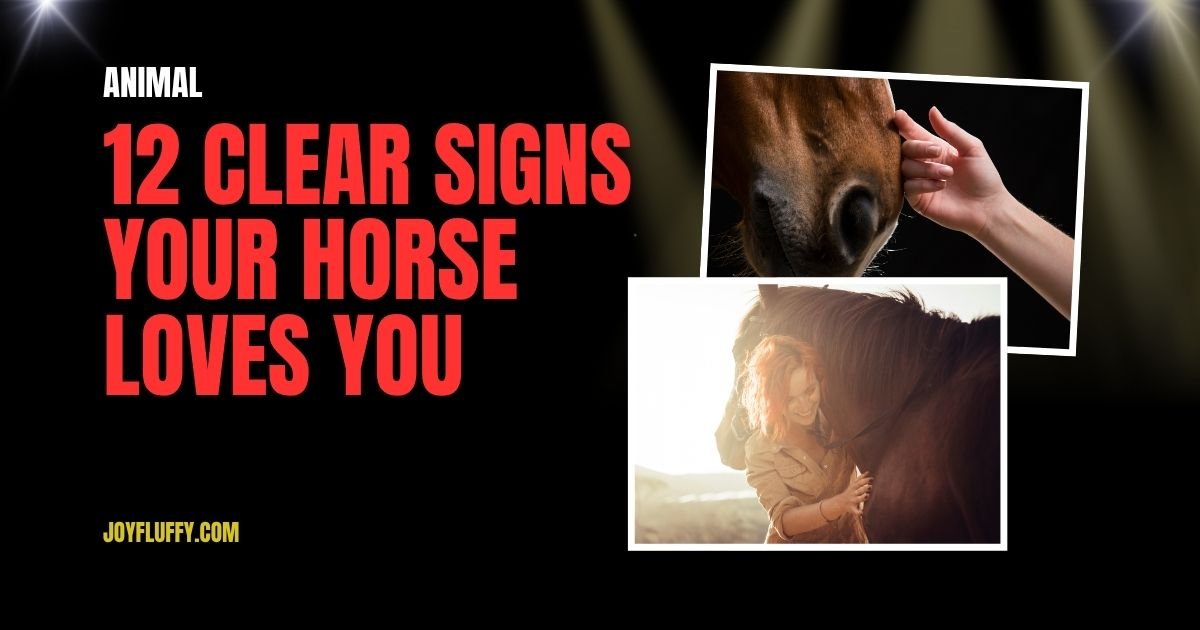
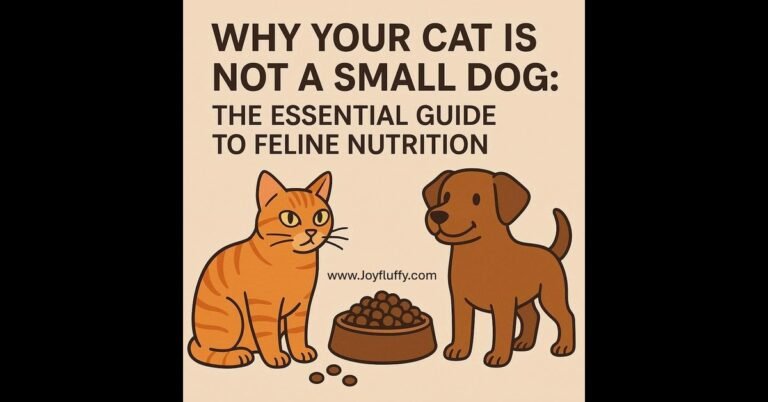

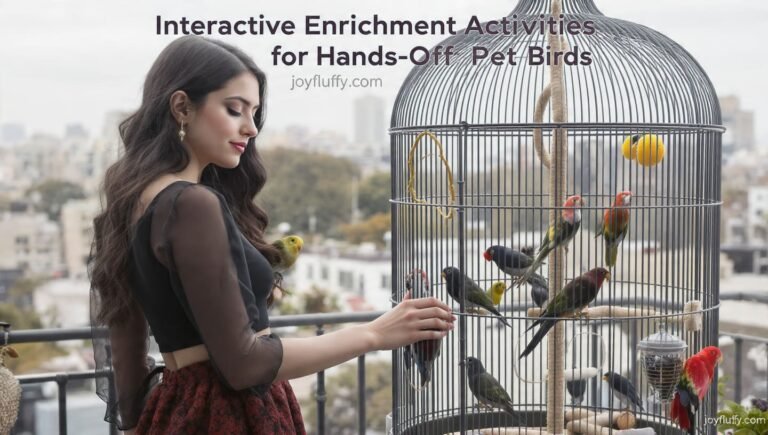

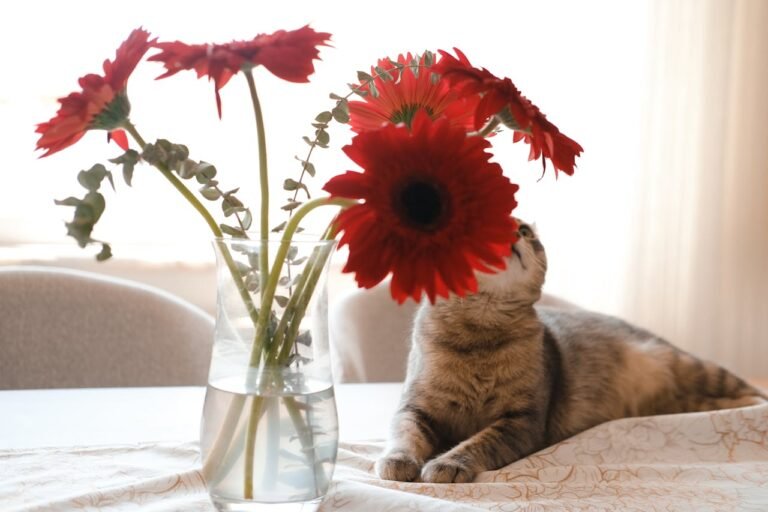
One Comment